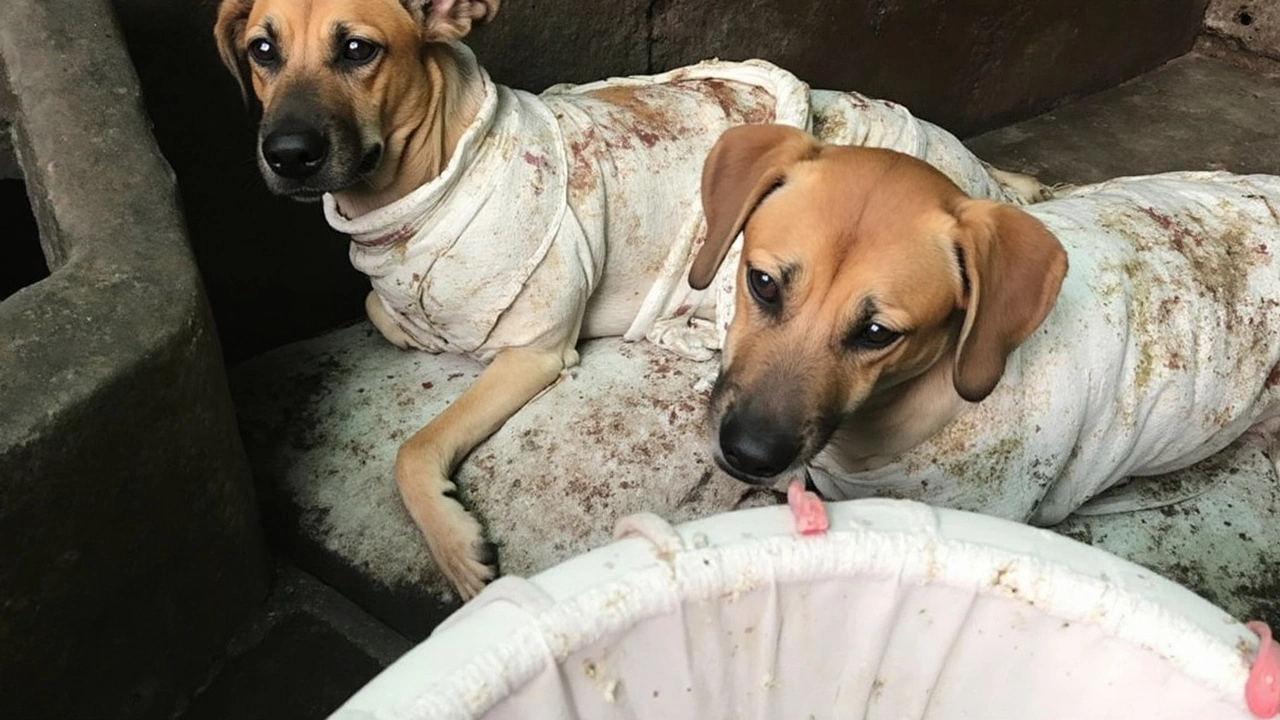Dog Meat Trade in Indonesia: A Patchwork of Local Bans and National Disappointment
Indonesia finds itself at a crossroads over a deeply controversial and emotional issue—the persistence of the dog meat trade even as calls for a total ban reach an all-time high. Grassroots activism over the past decade, led by the Dog Meat Free Indonesia (DMFI) coalition, has pushed the problem into public view, taken it to parliament, and made headlines across the world. But so far, national results have been fleeting, and the grim reality for animals remains almost unchanged on the ground.
In November 2024, hopes soared when the DMFI coalition submitted three new draft laws to the Indonesian parliament. The proposals aim to stamp out not just dog and cat meat sales, but broader animal trafficking and cruelty. If passed, these would mark Indonesia’s first ever set of laws specifically protecting animals from such abuse—an historic shift in a country where these issues often get buried under economic and regional concerns. Should Indonesia enact these measures, it would stand alongside South Korea, Taiwan, Hong Kong, Thailand, and Singapore as part of a select group of Asian nations outlawing the trade entirely.
Yet, the path from draft to law looks confusingly slow. Despite international protests and local campaigning, the legislation faces a cloud of uncertainty in parliament. There’s been plenty of lobbying, but no set timeline for debate or a clear commitment from the government under President Prabowo to address the issue as an urgent priority.

Ground Realities: Strong Public Backing, Weak Enforcement
Trawling through Indonesia’s bustling cities and rural markets, you’ll find a nation that has already begun to turn its back on the practice. Investigations by DMFI and its partners have exposed a dark world: networks of thieves stealing pets, traders moving dogs across regions in barely regulated trucks, and horrific scenes at makeshift slaughterhouses. The public response? Impressive—93% of Indonesians, according to credible polls, say they support a total ban. Even more telling, fewer than 5% admit to ever having eaten dog meat.
So why does the trade still exist? For one, most of the progress so far comes from the local level. Over 70 cities and regencies, led by high-profile Jakarta, have put district-level bans in place. But these are only as strong as the people and budgets behind them, leading to patchy enforcement and persistent underground networks. Some groups, especially in regions where eating dog meat is seen as a tradition or even a sign of toughness, quietly resist the change. Elsewhere, police lack clear legal tools to prosecute offenders, allowing operations to duck from city to city and outsmart patchwork rules.
Legal experts add another layer to the puzzle: Indonesia’s animal protection laws have always been a bit toothless. Until now, anti-cruelty measures have relied on vague statutes or regulations meant for farming or food safety—not specifically stopping the illicit dog meat trade. That’s why backers of the DMFI proposals are so impatient: Only powerful, well-written national legislation would give police the authority to go after traffickers and break up slaughterhouses for good.
International activists like Kim Basinger and Ricky Gervais have joined the cause, arguing that change is not just about animal suffering—there are public health risks involved too, with dogs sometimes passing along rabies and other diseases through the trade.
Behind the scenes, Indonesian politicians remain cautious. Cultural pride, regional sensitivities, and fears of alienating certain voter bases make it tricky to push animal welfare to the top of the national agenda. Still, the public wind seems to be blowing hard in favor of change, and that’s putting pressure on lawmakers from below as much as from Hollywood or abroad.
The next few months will be telling. With the world watching, Indonesia’s decision-makers must finally decide whether the patchwork of local bans blossoms into a sweeping national victory for animal protection—or whether tradition and loopholes prevail, at least for now.
